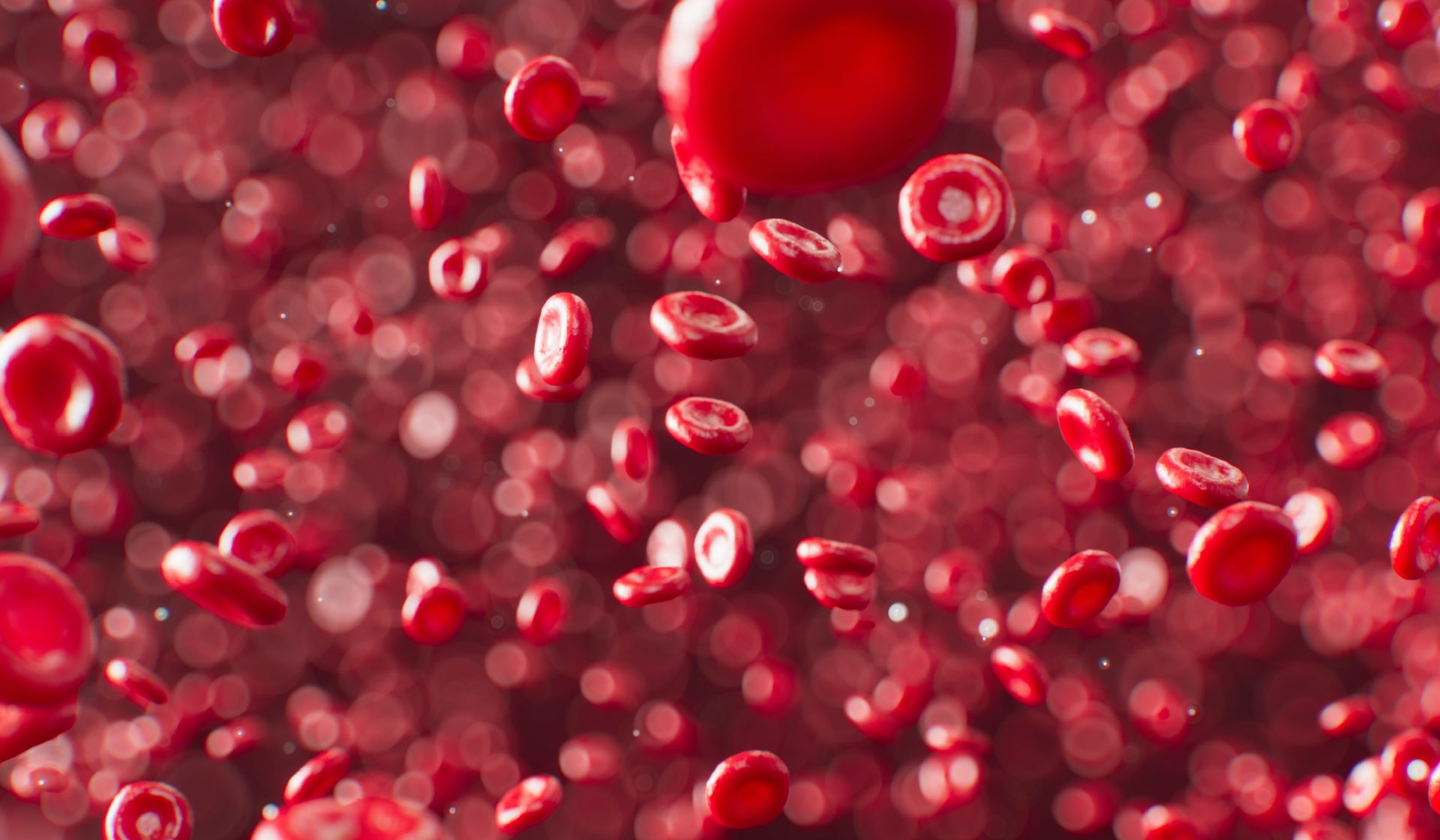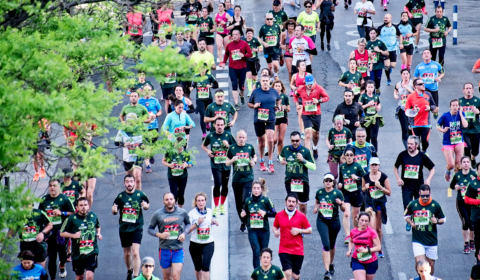What does the clinical trial entail?
Scientists started manufacturing lab-grown red blood cells using stem cells from human blood donors.
They have anticipated that cells grown in the lab will outperform standard donated blood, as the lab-grown cells are far fresher. If correct, this would mean that patients regularly receiving blood transfusions won’t need to get them as often.
Better performing lab-grown cells would also mean fewer transfusions needed per patient. This would lower the risk of patients experiencing iron overload, a complication sometimes seen in people receiving regular blood transfusions.
Dr Farrukh Shah, Medical Director of Transfusion for NHS Blood and Transplant, said:
‘Patients who need regular or intermittent blood transfusions may develop antibodies against minor blood groups. [This] makes it harder to find donor blood which can be transfused without the risk of a potentially life-threatening reaction.’
Monitoring the results
The NIHR Cambridge Clinical Research Facility is overseeing the clinical trial, having recruited two healthy volunteers.
So far, the two volunteers are healthy and well, showing no side effects. In the coming months, a minimum of ten more volunteers are expected to receive two mini-transfusions – both lab-grown and traditional – at least four months apart.
The goal of this dual trial is to compare the lifespan of the two types of blood donations in the body, to see whether lab-grown blood is longer-lasting in its positive effects.
Hopefully, the success of the trial will advance the mission to make lab-grown red blood cells more widely available for people who need it.
Professor Lucy Chappell, Chief Executive of the NIHR said:
‘These NIHR-supported researchers have made it possible to grow blood in the lab, turning what sounds like science fiction into a ground-breaking reality… This is really exciting progress that is another example of the world-leading life sciences opportunities that the UK has to offer.’
Fingers crossed the trial goes well, as over 2.5 million units of blood are transfused into UK patients by the NHS every year!




















